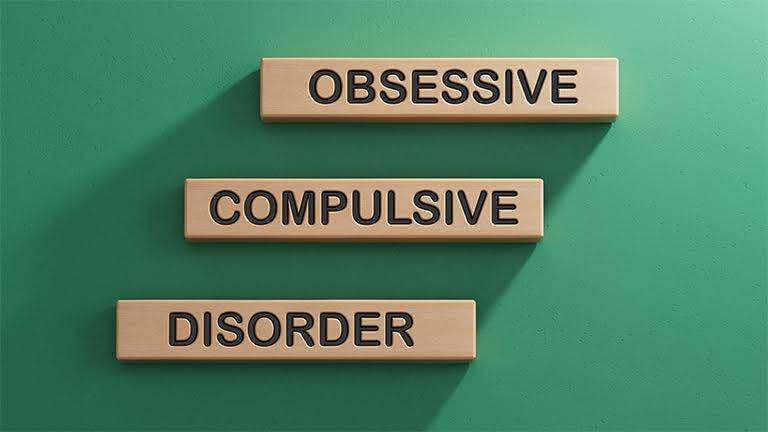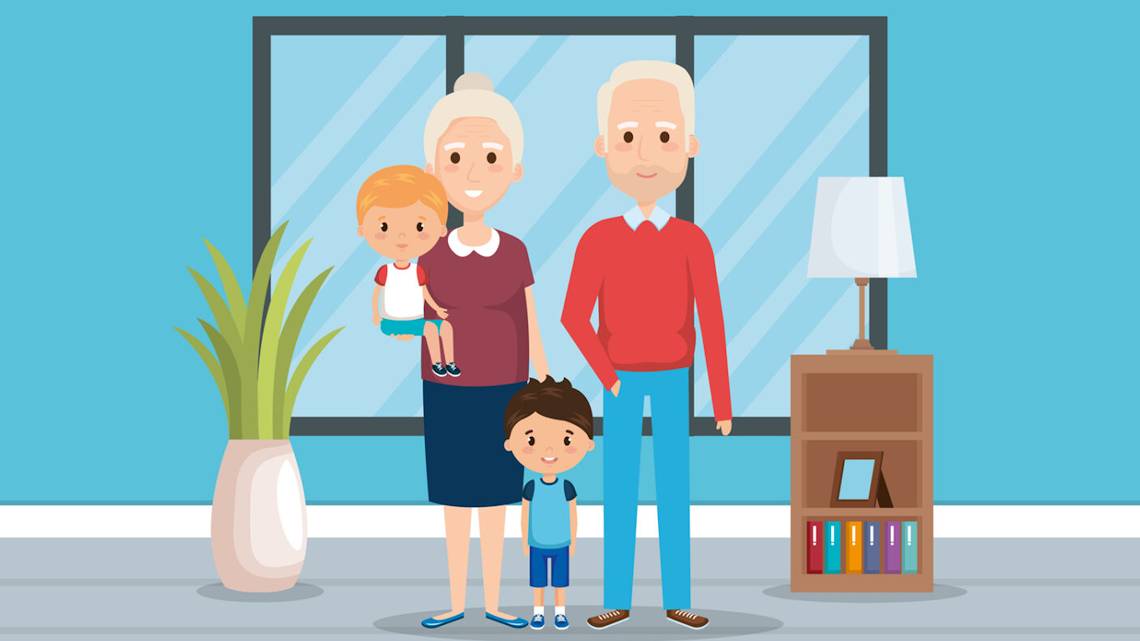
Obsessive-Compulsive Disorder (OCD) is a term that is often misused in everyday conversations. Many people casually refer to it when discussing someone who prefers order or cleanliness, reinforcing a stereotype that portrays OCD as merely a quirk or personality trait. However, this perception, heavily influenced by media portrayals, does a disservice to those who genuinely struggle with this debilitating mental health condition.
In truth, OCD is a serious disorder affecting approximately 1.5% to 3% of the global population. It manifests through persistent obsessions—intrusive thoughts that cause significant anxiety—and compulsions—ritualistic behaviours performed to alleviate that anxiety. This cycle can severely disrupt daily living, making it crucial to understand the real implications of OCD beyond the superficial traits people often associate with it.
The Origins of OCD
The roots of OCD can be complex. Some individuals may have a genetic predisposition, with family members who have experienced similar mental health issues. For others, OCD may emerge following a traumatic event, triggering a heightened sense of danger. In these instances, the brain’s protective mechanisms can become overactive, leading to a distorted perception of threats.
Another contributing factor is the chemical imbalance often associated with prolonged stress. When individuals experience repeated episodes of poor mental health without adequate support, the balance of serotonin—a crucial neurotransmitter related to mood—can be disrupted. Additionally, learned behaviours from observing loved ones can influence the development of OCD in children, who may mimic compulsive actions without understanding their implications.
Regardless of its origins, those suffering from OCD face an unrelenting fear: a belief that failing to adhere to their compulsions will result in significant harm. This fear can feel all-consuming, rendering the individual a prisoner of their own mind.

Offering Support
The common advice of “just don’t do it” may seem well-meaning, but it often misses the mark. For someone with OCD, the compulsions are not simple choices; they are desperate attempts to mitigate overwhelming anxiety. Understanding this reality is crucial for those supporting individuals with OCD. It’s essential to approach the situation with empathy and patience, recognizing that the fears may be irrational yet feel insurmountably real.
Effective strategies for support include:
- Mindfulness exercises: Encouraging awareness of the present moment can help ground individuals in reality.
- Calming techniques: Breathing exercises can provide immediate relief and help manage anxiety levels.
- Listening without judgment and offering a safe space for communication can also make a significant difference. It’s important to note that OCD obsessions can extend beyond typical concerns about cleanliness or order, encompassing obsessive thoughts related to religion, violence, or sexuality, often leading to feelings of guilt and shame.
The Path to Diagnosis and Treatment
Unfortunately, many individuals may wait up to 14 years before receiving an accurate diagnosis. However, treatment is available and effective. Cognitive Behavioural Therapy (CBT) and Exposure Response Prevention (ERP) are recognized as first-line treatments for OCD. These therapies not only help reduce symptoms by 50% to 80% but also facilitate changes in the brain’s chemical and physical structure, allowing for a healthier mental state.
CBT focuses on identifying and challenging the irrational thoughts that fuel obsessions. For instance, if someone fears harming a loved one, the therapist will guide them in examining the validity of that fear and countering it with rational thought. ERP involves gradual exposure to the feared situation—helping individuals confront their fears in a controlled manner.
At our OCD and anxiety support group, we provide a safe haven for adults and youth grappling with OCD and other mental health challenges. Through education and outreach—whether in schools, hospitals, or corporate settings—we aim to raise awareness about mental health and the realities of OCD.
To those battling OCD, my message is one of hope. Treatment is not only possible; it can lead to a life where the bully of OCD no longer holds power. Together, we can dismantle the stigma surrounding this condition and foster a community of understanding and support.
Photo Credits:
First image: bo feng
Second image: AndreyPopov
References
Ahmari, S. E., & Rauch, S. L. (2021). The prefrontal cortex and OCD. Neuropsychopharmacology, 47(1). https://doi.org/10.1038/s41386-021-01130-2
Puccinelli, C., Rowa, K., Summerfeldt, L. J., & McCabe, R. E. (2024). Changes in harm avoidance and incompleteness across group CBT for OCD and their relationship with symptom change. Behavioural and Cognitive Psychotherapy, 1–15. https://doi.org/10.1017/s1352465824000274

Minal Mahtani
About the author
Minal Mahtani, CEO of OCDAHK, a mental health charity in Hong Kong, supports those affected by OCD, Depression, and Anxiety. She conducts mental health support groups, workshops, and founded the Green Ribbon Campaign. OCDAHK has an online counselling clinic, Rainbow of Hope, aiding adults in need. Minal is an advocate, counselor, and educator in mental health, receiving multiple awards for her impactful contributions.
Recently Added
The journey of raising children comes with countless moments where they need our support and guidance. Whether our children are typically developing …
The World Infant, Child and Adolescent Mental Health Day was first initiated to highlight the importance of mental health, starting from the …
“My New Year’s resolution will be to exercise at least three times a week”, “this is my year where I am going …




